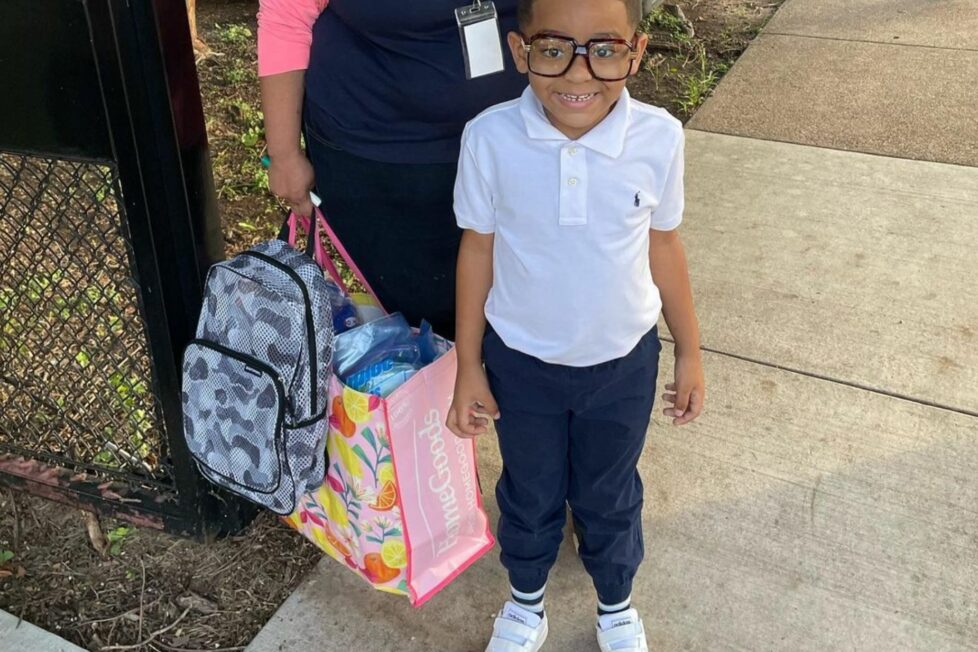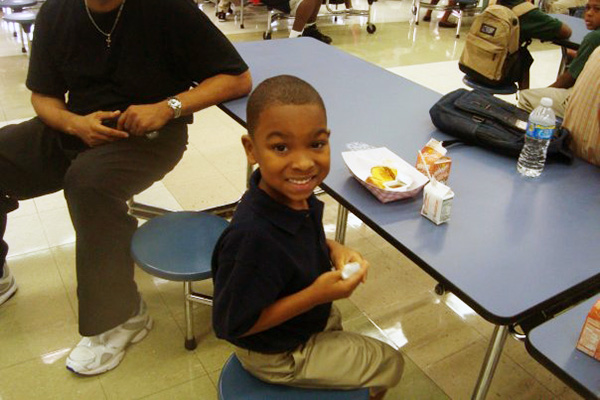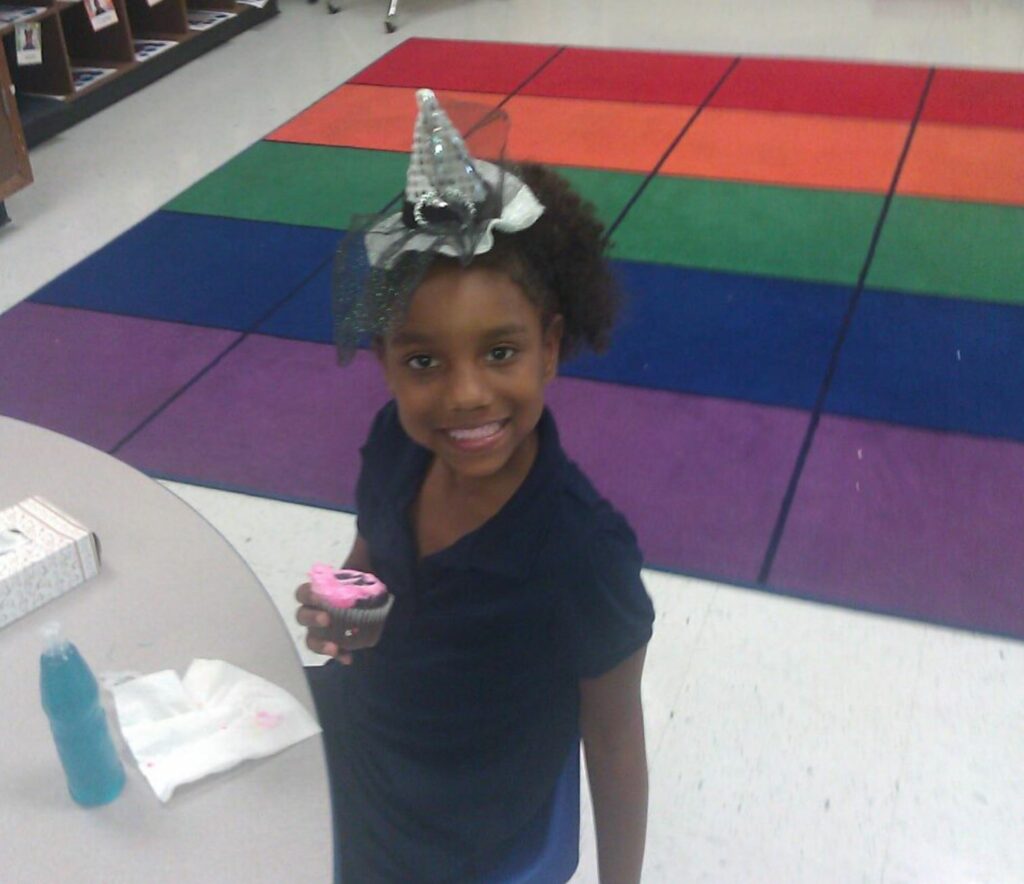It’s back-to-school time! Tips to prepare young kids for kindergarten and classroom structure


As the vibrant days of summer come to a close, a new chapter awaits our youngest learners as they embark on their kindergarten journey. For many children, this marks their first step into a structured classroom environment, filled with exciting opportunities for growth and exploration. This pivotal transition can be both thrilling and nerve-wracking for both children and parents alike. We would like to share valuable tips to help ensure our children have a smooth and successful transition to kindergarten, fostering confidence, independence, and a love for learning.

1. Establish a Familiar Routine: Creating a consistent daily routine helps young children feel secure and prepared for the structure of a kindergarten classroom. Set regular wake-up times, meal schedules, and bedtime routines to mirror the school day’s structure.
2. Encourage Independent Skills: Kindergarten introduces children to increased independence. Encourage them to handle tasks like zipping their backpacks, using the restroom independently, and putting on their own shoes. These small achievements can boost their confidence and readiness.
3. Foster Social Skills: Kindergarten is not only about academics; it’s also a time for social development. Arrange playdates or attend community events to help kids practice sharing, taking turns, and interacting with peers.
4. Explore Educational Activities: Engage your child in educational activities that mirror classroom learning. Practice counting, reading books, and engaging in creative art projects to stimulate their curiosity and cognitive development.
5. Visit the School: Arrange a visit to the kindergarten classroom before the school year begins. Familiarity with the environment can alleviate anxiety and give children a sense of ownership over their new space.
[SCROLL BREAK!!! Bayou Beat News can also be found in PRINT at a store near you. Click the link below to check out our E-Edition!]
6. Practice Listening and Following Directions: Listening and following directions are fundamental skills for success in kindergarten. Engage your child in fun activities that require attentive listening and executing simple instructions.
7. Nurture a Love for Learning: Make learning a joyful experience. Read together, explore nature, and engage in imaginative play to foster a lifelong love for acquiring knowledge.
8. Communication is Key: Maintain open communication with your child’s teacher. Sharing your child’s interests, strengths, and areas of development can help create a supportive and tailored classroom experience.
9. Manage Separation Anxiety: It’s natural for both children and parents to experience separation anxiety. Develop a goodbye routine and reassure your child that you’ll be back to pick them up.
10. Celebrate Achievements: Acknowledge and celebrate small victories, whether it’s successfully tying shoelaces, writing their name, or making new friends. Positive reinforcement boosts confidence and motivation.

The transition to kindergarten is a milestone filled with excitement and anticipation. By nurturing independence, social skills, and a positive attitude toward learning, parents can help lay a strong foundation for their child’s academic and personal growth. As young minds venture into the realm of kindergarten and classroom structure, a supportive environment filled with love, encouragement, and a sense of adventure will pave the way for a successful and enriching journey through school and beyond.
